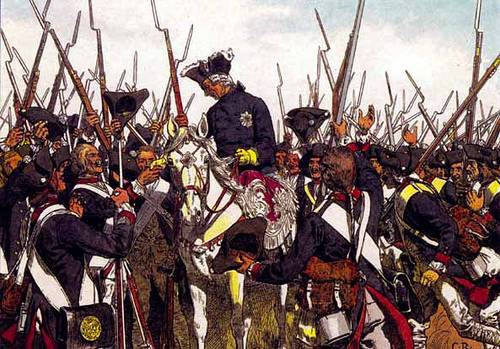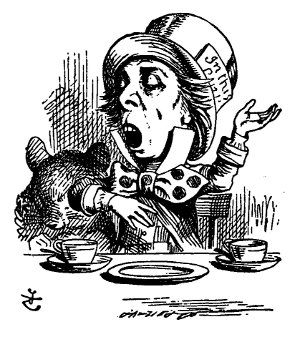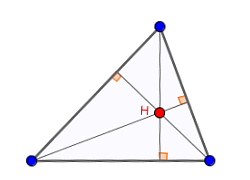Being the paper of record brings with it some odd responsibilities. On March 10, 1975, the New York Times inadvertently published the wrong dateline in its Late City editions, officially dating the day’s news “March 10, 1075.”
Modern readers would understand that this was a simple typo, of course, but the editors grew concerned that future historians might be confused to discover a Times issue from the Middle Ages. So the following day’s issue contained a historic correction:
In yesterday’s issue, The New York Times did not report on riots in Milan and the subsequent murder of the lay religious reformer Erlembald. These events took place in 1075, the year given in the dateline under the nameplate on Page 1. The Times regrets both incidents.





